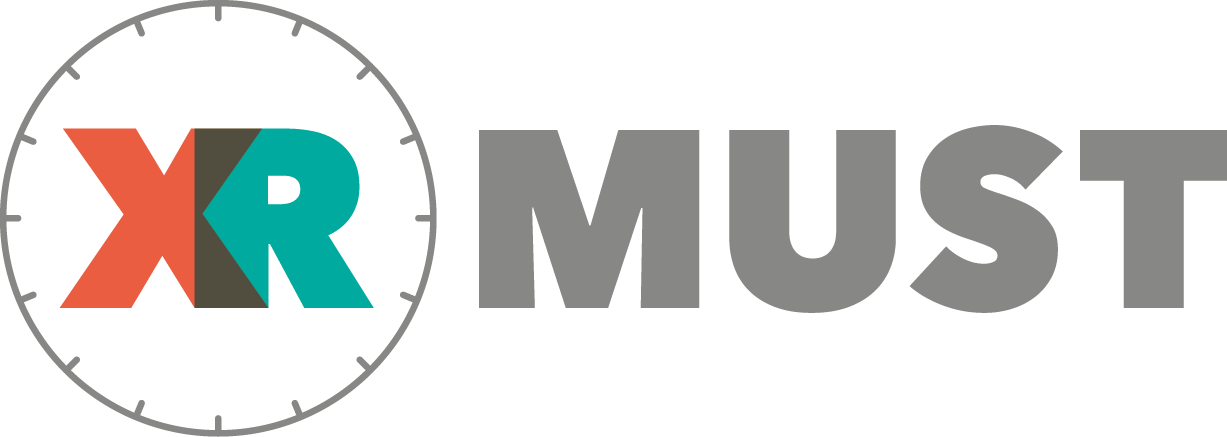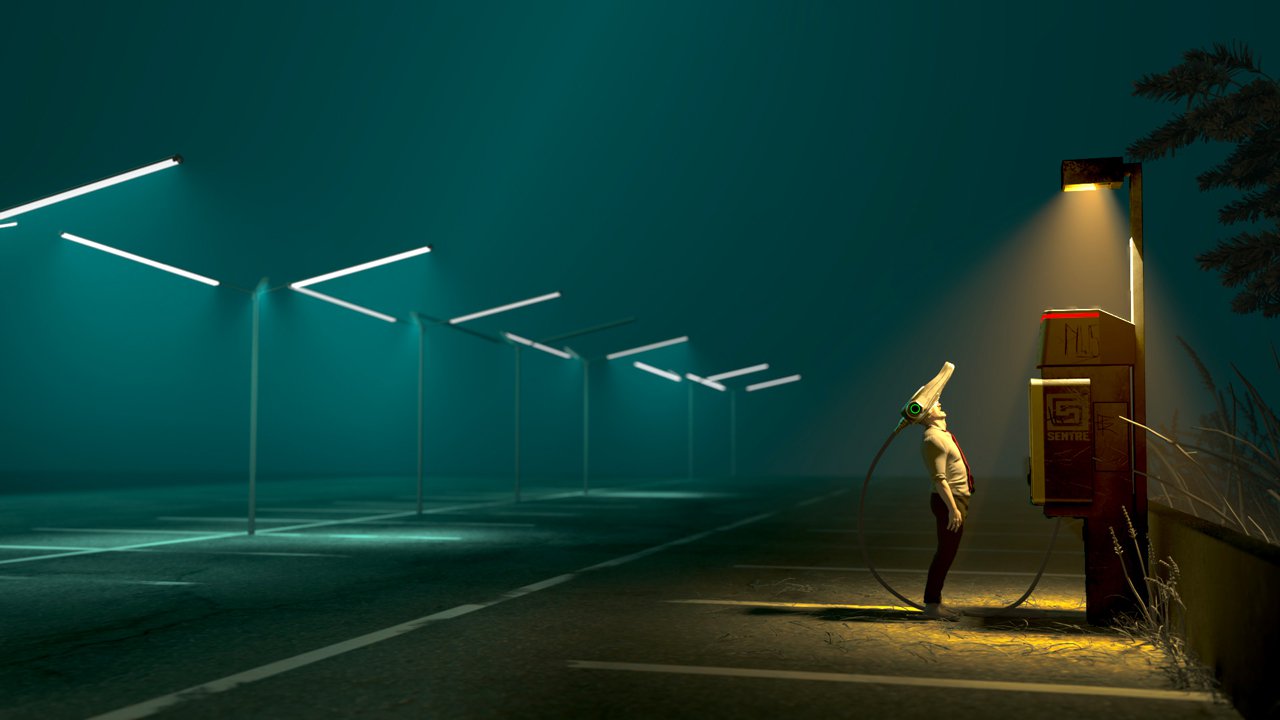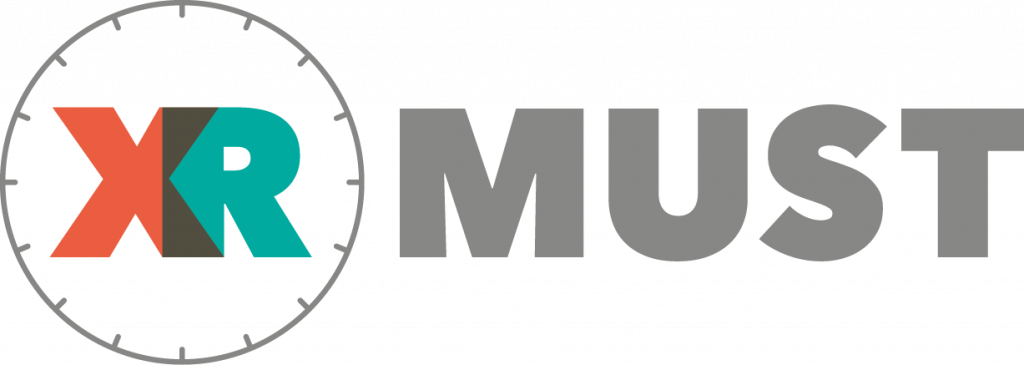As part of our work on the immersive/new media industry, we want to create a ressource on universities’ courses that can help future creators to access storytelling and production courses. Here is our list!
Cover art by Simon Stålenhag (fan art 3d render by Arnald Andujar)
Germany
storyLab kiU @ Dortmunder U – Zentrum für Kunst und Kreativität (Dortmund)
The international Bachelor of Arts „Expanded Realities“ at Darmstadt University of Applied Sciences offers an innovative, interdisciplinary and praxis-oriented curriculum which integrates relevant artistic, technological, cultural and methodological dimensions of immersive media productions. The Expanded Realities Programme is taught in English language by a team of experienced lecturers with industry background.
Director: Dr. Frank Gabler
Spain
LabLENI carries out research activities for a better understanding and enhancement of human cognition combining insights and methods from computer science, psychology and neuroscience. We also develop solutions to support real-life studies and interventions, rather than for use in laboratory settings only.
Director: Mariano Alcañiz Raya
Turkey
KARMA Mixed Reality Lab @ Koç University (Istanbul)
Koç University, KARMA Mixed Reality Lab established in 2019, with funding from İstanbul Development Agency (İSTKA), brings together multi-disciplinary teams of graphics and narrative artists, (AR/VR/MR=XR) developers, psychology and neuroscience experts, engineers and computer scientists. Together we design , research and develop tailored solutions for better learning, wellbeing, accessible cultural heritage, and scalable industry solutions. KARMA Lab’s mission is to advance research, develop and apply new interactive media , in short XR technologies for scalable solutions in socially beneficial areas.
Directors: Ivon Bensason, Asım Evren Yantaç
United Kingdom
Digital and Interactive Storytelling Lab MA @ University of Westminster (London)
Digital and Interactive Storytelling LAB MA is a new and innovative course, designed for digital storytellers and shaped like a media LAB. This means that during the course you will be able to produce a wide range of digital-first work for multi-platform formats. Your work will be underpinned with academic research, theories and expertise on mobile platforms, and digital interactive communication.
Directors: Dr Sandra Gaudenzi, Dr Massimiliano Fusari
Digital Media, BA (Hons) @ University of Gloucestershire (Cheltenham)
Prepare to join the largest and fastest-growing media industry in the world. Our course is built upon employability. Designed in conjunction with experts at Google, our industry-facing curriculum means you’ll be learning and practicing the skills you’ll need to succeed from day one, including pitching to major international clients such as HyperX and Unilever from your first semester onwards.
Director: Stefhan Caddick
Immersive Storytelling, MA @ Royal Holloway, University of London (Egham)
This Masters focusses on immersive technologies and developing your creative storytelling practice. You will develop an entrepreneurial and critical understanding of the creative industries and the place of immersive technologies within these.
Immersive Experience LIVE Lab @ Liverpool John Moores University (Liverpool)
Based within LJMU’s Faculty of Engineering and Technology, LIVE Lab provides cutting-edge facilities for the development and delivery of usability research through immersive, virtual, mixed and augmented reality technologies.
Virtual and Extended Realities, MA @ University of the West of England (Bristol)
MA Virtual and Extended Realities is an industry-led course designed to address increased demand for expertise in immersive storytelling. The course is open to passionate graduates who want to enter the radical world of virtual, augmented and extended reality production.
Director: Verity McIntosh
United States
Digital Storytelling Lab (Columbia DSL) @ Columbia University School of the Arts (New York)
The Columbia DSL designs stories for the 21st Century. We build on a diverse range of creative and research practices originating in fields from the arts, humanities and technology. But we never lose sight of the power of a good story. Technology, as a creative partner, has always shaped the ways in which stories are found and told. In the 21st Century, for example, the mass democratization of creative tools — code, data and algorithms — have changed the relationship between creator and audience. The Columbia DSL, therefore, is a place of speculation, of creativity, and of collaboration between students and faculty from across the University. New stories are told here in new and unexpected ways.
Director: Lance Weiler
MxR is part of the USC Institute for Creative Technologies and works with the Interactive Media Division at the School of Cinematic Arts. Research and prototypes focus on immersive systems for education and training simulations that incorporate both real and virtual elements. Projects push the boundaries of immersive experience design, through virtual reality and alternative controllers. The MedVR Lab and Graphics Lab at ICT are frequent collaborative partners.
Director: Jessica Brillhart
Virtual Human Interaction Lab @ Stanford University (Stanford)
Since its founding in 2003, researchers at VHIL have sought to better understand the psychological and behavioral effects of Virtual Reality (VR) and, more recently, Augmented Reality (AR). Almost two decades later, we are in the Dawn of the Virtual Revolution. VR is finally widely available for consumers, and every day we are seeing new innovations. It is critical, now more than ever, that we seek answers to these important questions: What psychological processes operate when people use VR and AR? How does this medium fundamentally transform people and society? What happens when anyone can have a perfect experience at the touch of a button? And how can we actively seek to create and consume VR that enhances instead of detracts from the real world around us?
Director: Jeremy Bailenson
Immersive Storytelling and Emerging Technologies (ISET) @ Johns Hopkins University
The ISET concentration is a highly collaborative educational experience focused on expanding the horizons of Augmented Reality/Virtual Reality/Artificial Intelligence storytelling, as well as developing innovative uses for this technology across disciplines. In each course, students are guided by interdisciplinary experts to leverage immersive tech as a vehicle for change in discipline, industry, social issues, or other applicable challenges. These may include applications to medicine, public health, education, media arts, diplomacy, and business.
Director: Gabo Arora
Canada
More than 60 post-secondary programs in computer graphics are available on the Pole Synthese website.



Leave a Reply
You must be logged in to post a comment.